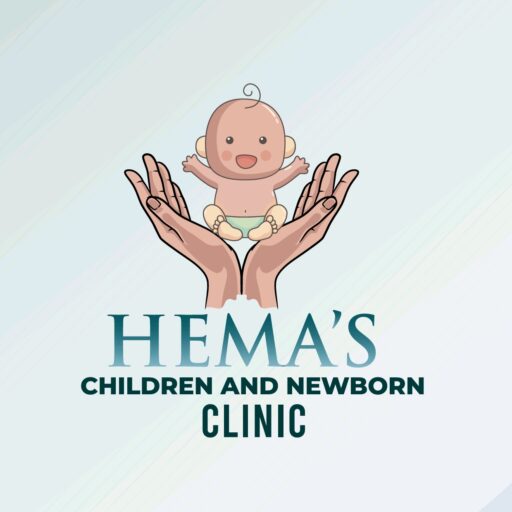Scarlet fever, Which is also known as Scarlatina, is an infection caused by group A Streptococcus bacteria. While it primarily affects children, it can occur in individuals of any age.
Dos and Don’ts:
Dos:
- Seek Medical Attention: If you notice any symptoms such as fever, sore throat, and rash, seek medical advice promptly for diagnosis and treatment.
- Practice Good Hygiene: Encourage frequent handwashing, covering coughs and sneezes, and avoiding close contact with infected people to prevent the spread of the bacteria.
- Complete Antibiotic Treatment: If prescribed antibiotics, ensure that you or your child completes the entire course of treatment as directed by your doctor to eradicate the bacteria and lessen the risk of complications.
- Stay Hydrated and Rest: Drink plenty of fluids and get adequate rest to support the body’s immune response and facilitate recovery.
- Monitor for Complications: Look for any signs of complications such as difficulty breathing, persistent fever, or any symptoms, and seek medical attention if necessary.
Don’ts:
- Do Not Ignore Symptoms: Ignoring symptoms or delaying medical treatment can lead to complications.
- Avoid Self-Medication: Do not self-prescribe antibiotics or over-the-counter medications without consulting a healthcare professional, as this can lead to antibiotic resistance and may not effectively treat scarlet fever.
- Limit Exposure to Others: Individuals with scarlet fever should avoid close contact with others, especially vulnerable populations such as young children, pregnant women, and people with weakened immune systems, to prevent the spread of the infection.
- Don’t Share Personal Items: Avoid sharing items such as utensils, drinking cups, and towels to lessen the risk of transmitting the bacteria to others.
- Avoid Strenuous Activities: While recovering from scarlet fever, it’s advisable to avoid strenuous activities that may exacerbate symptoms or prolong recovery.
FAQs (Frequently Asked Questions):
- Is scarlet fever contagious? Yes, scarlet fever is highly contagious and can spread through respiratory droplets from infected persons.
- What are the common symptoms of scarlet fever? Common symptoms include fever, sore throat, swollen glands, rash (red and rough-textured), and a “strawberry tongue” appearance.
- How is scarlet fever diagnosed? Diagnosis is usually based on clinical symptoms, throat swab culture, and rapid strep test.
- What complications can arise from scarlet fever? Complications may include rheumatic fever, kidney inflammation (glomerulonephritis), ear infections, and sinusitis.
- How is scarlet fever treated? Treatment typically involves antibiotics to eradicate the bacteria, supportive care to alleviate symptoms, and monitoring for complications.
Management and Treatment:
- Antibiotics: Prompt treatment with antibiotics such as penicillin or amoxicillin effectively treats scarlet fever and prevents complications.
- Supportive Care: Symptomatic relief measures include rest, staying hydrated, using over-the-counter pain relievers (under medical guidance), and applying cool compresses to soothe the rash.
- Follow-Up Care: Regular appointments with a healthcare provider are essential to monitor recovery, assess for complications, and adjust treatment as needed.
- Preventive Measures: Practicing good hygiene, completing antibiotic treatment as prescribed, and avoiding close contact with infected individuals can help prevent the spread of scarlet fever.
Scarlet fever, while concerning, can be effectively managed with prompt medical attention, appropriate treatment, and preventive measures. By following the dos and don’ts, understanding common FAQs, and adhering to management and treatment recommendations, individuals affected by scarlet fever can facilitate recovery and reduce the risk of complications.
If you have any concerns about scarlet fever, don’t hesitate to consult a doctor for personalized guidance and care.


